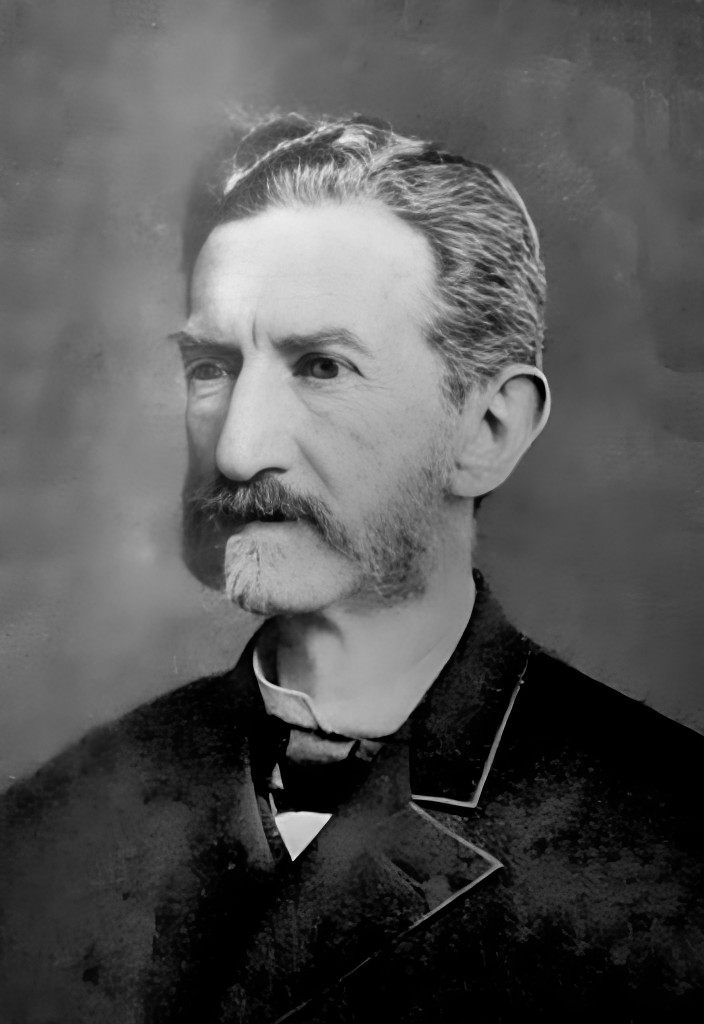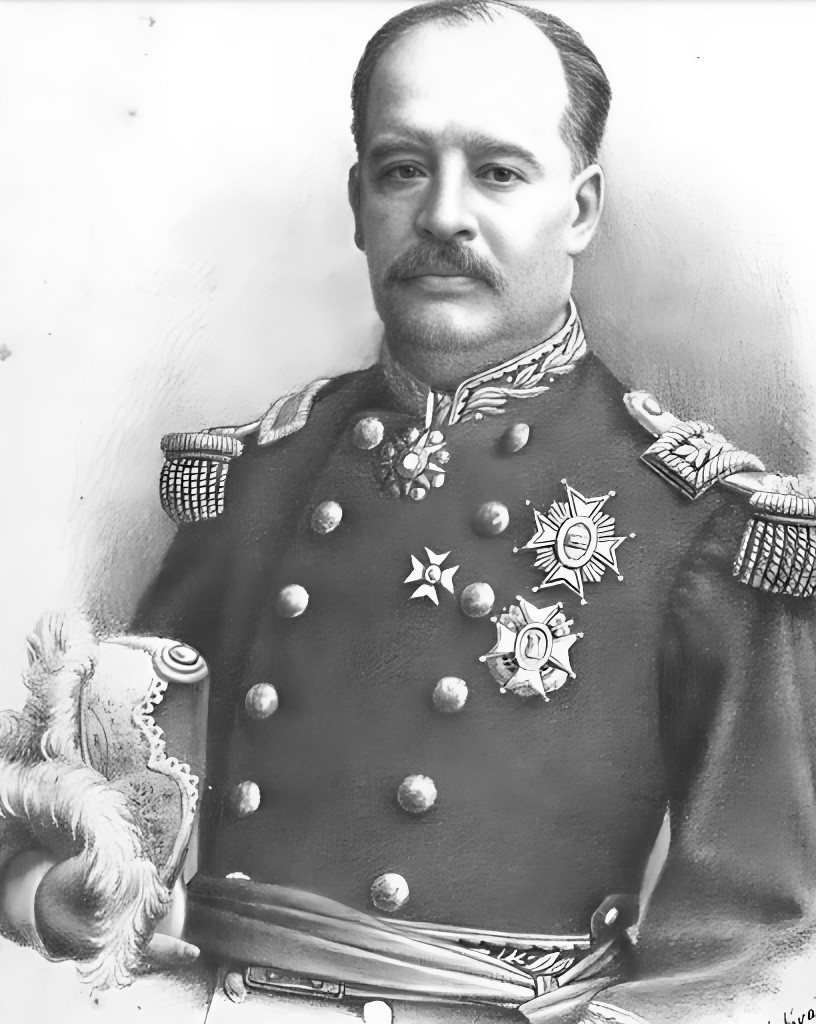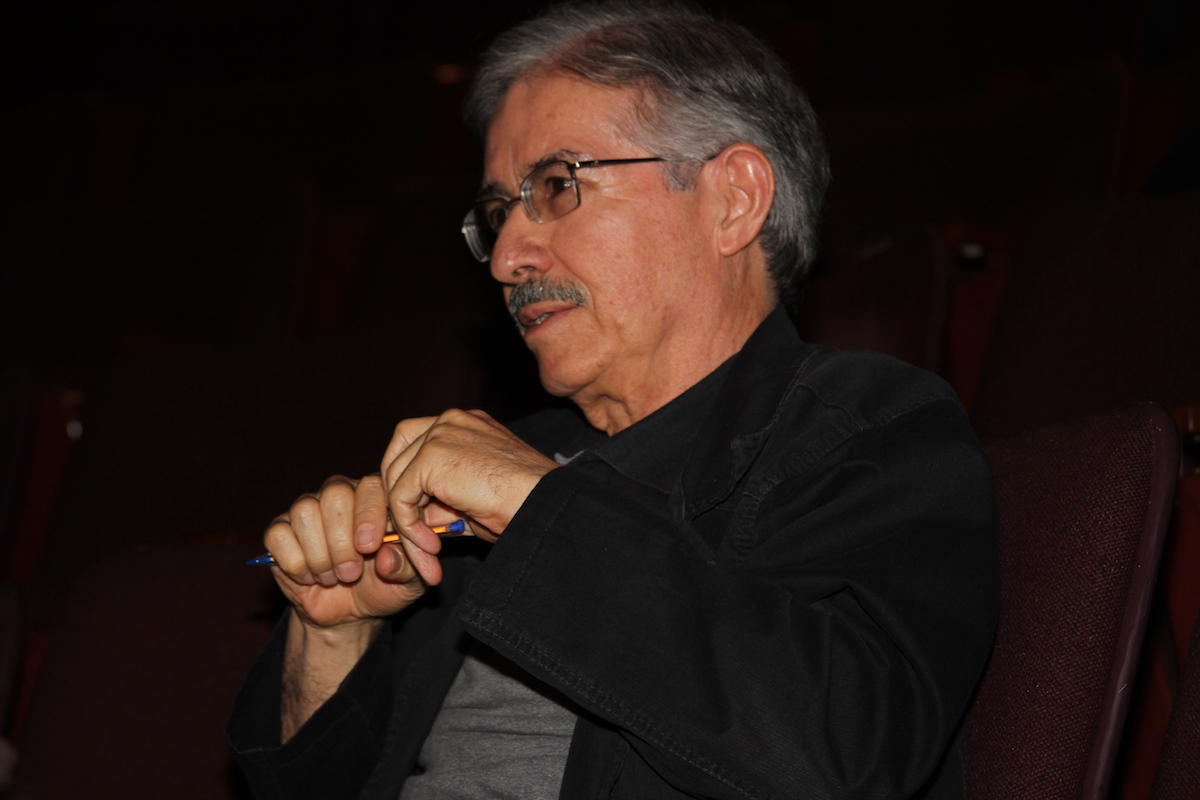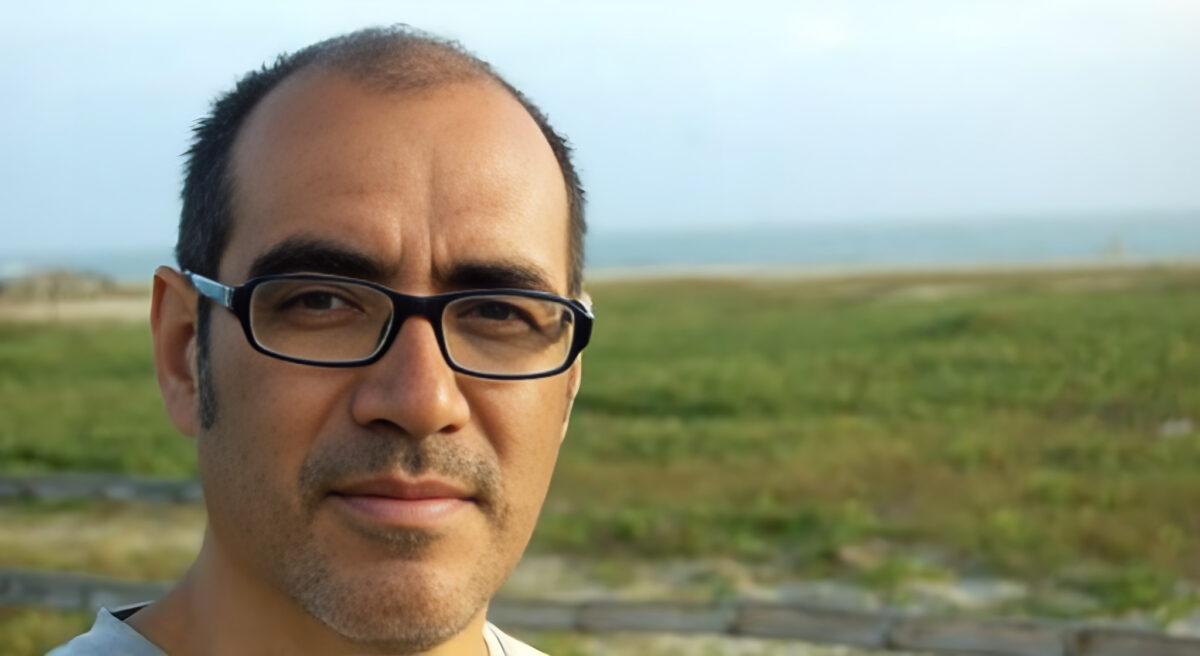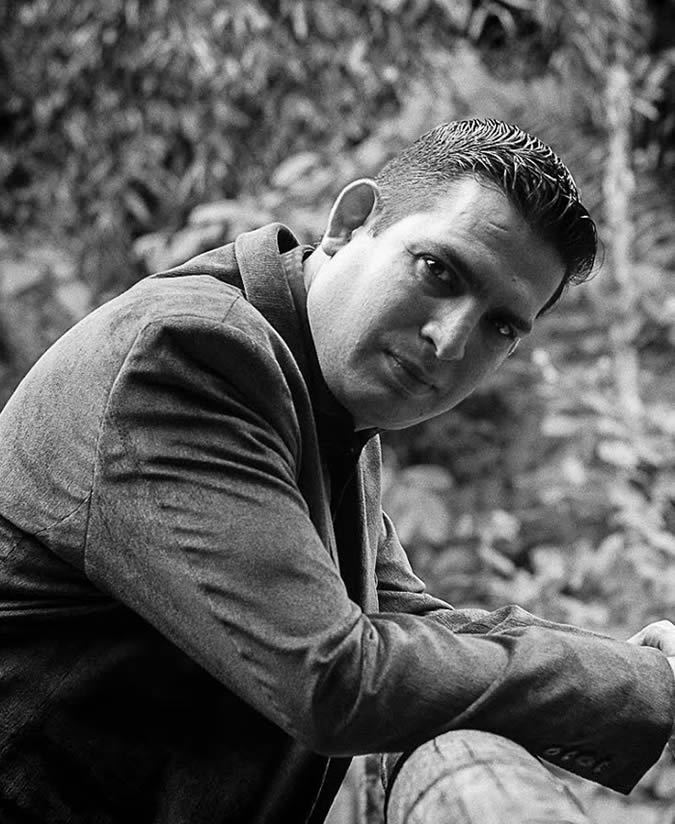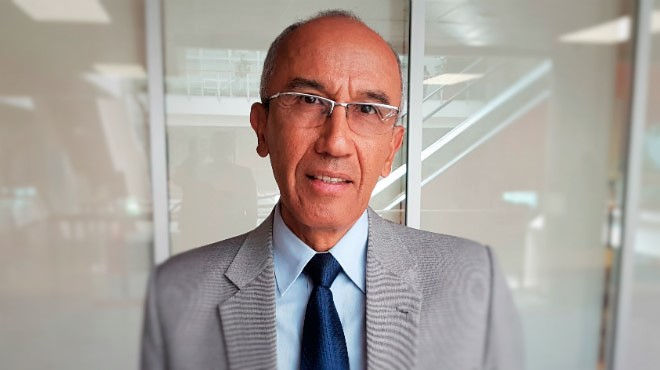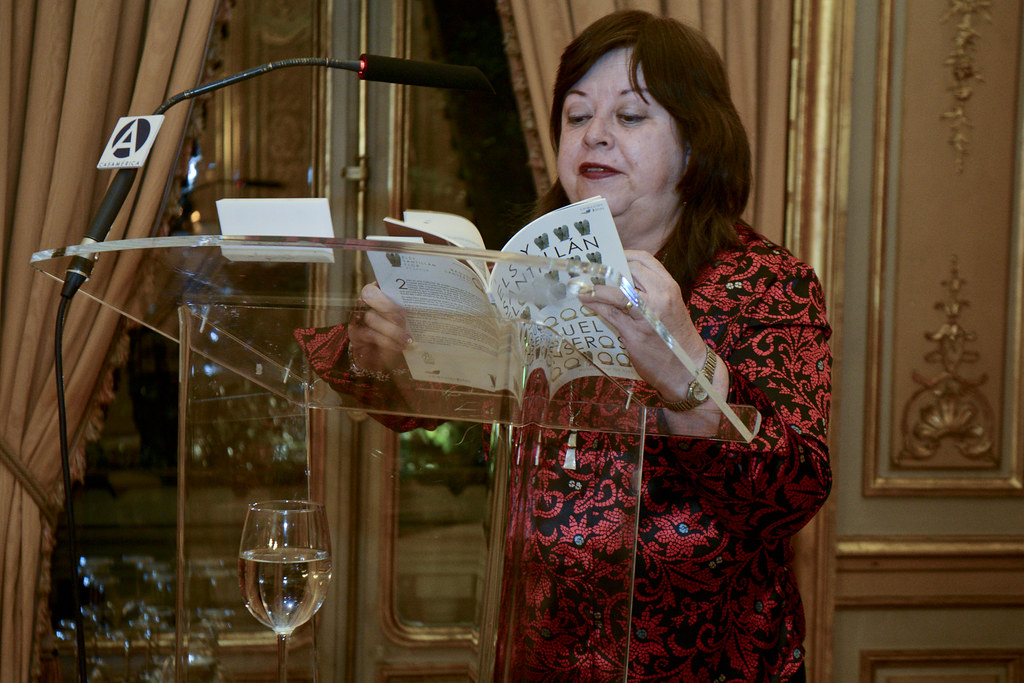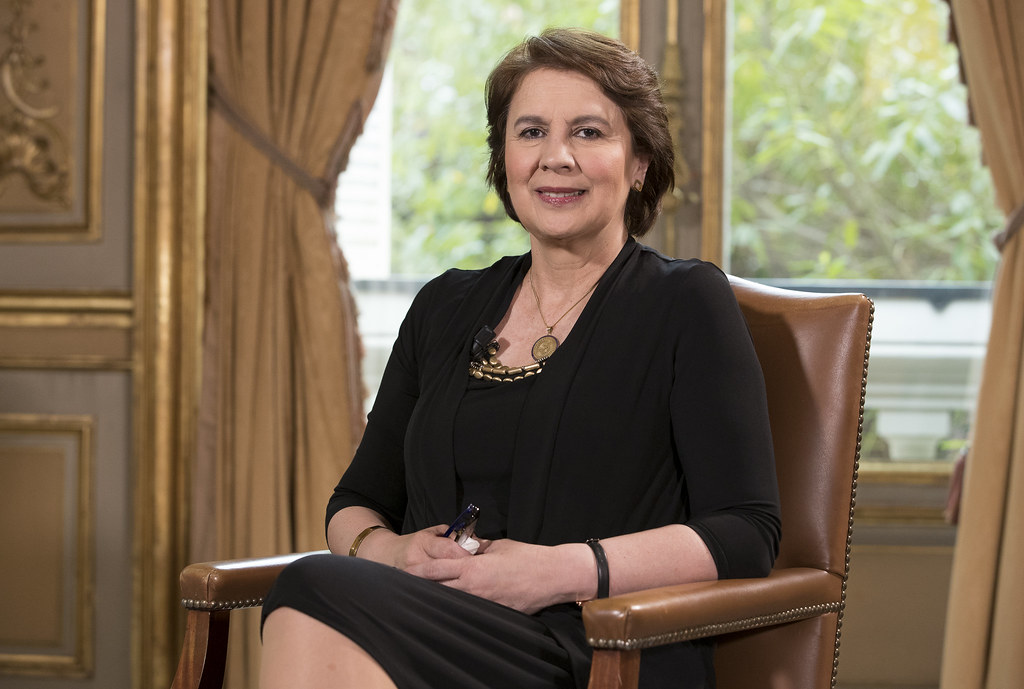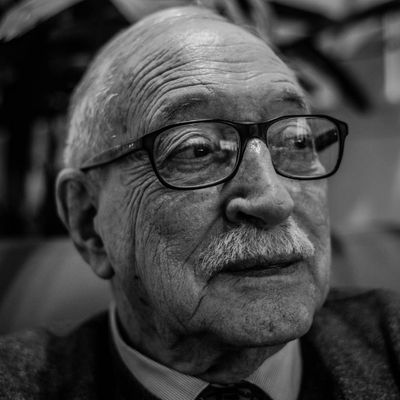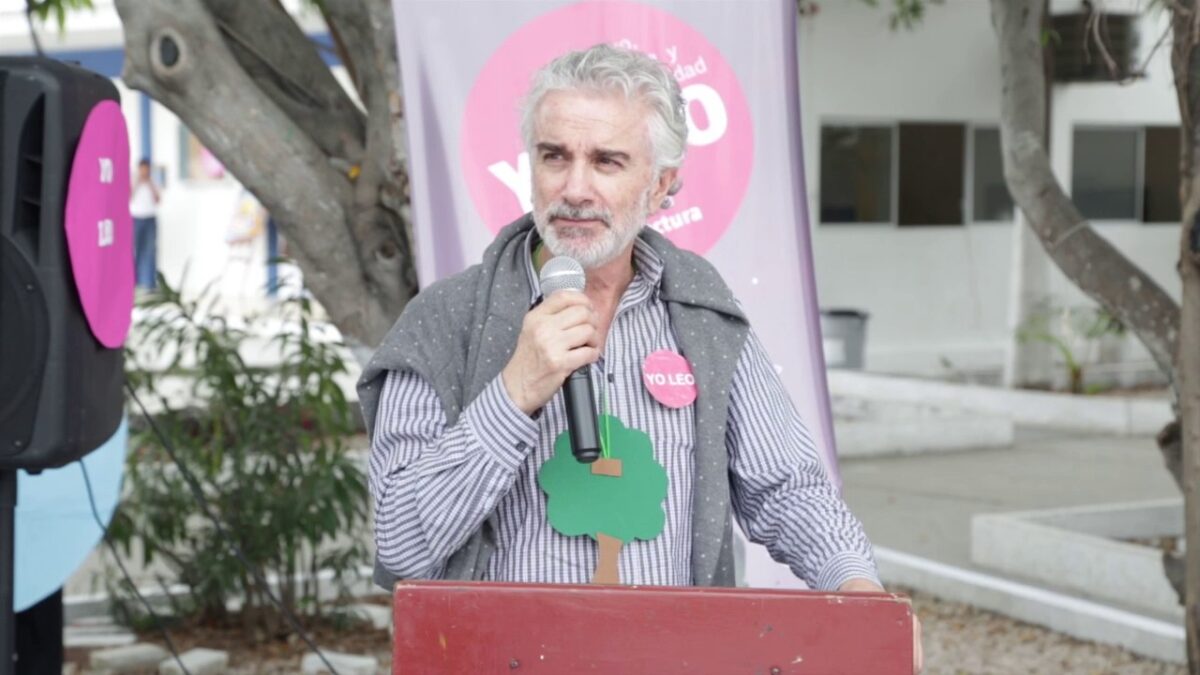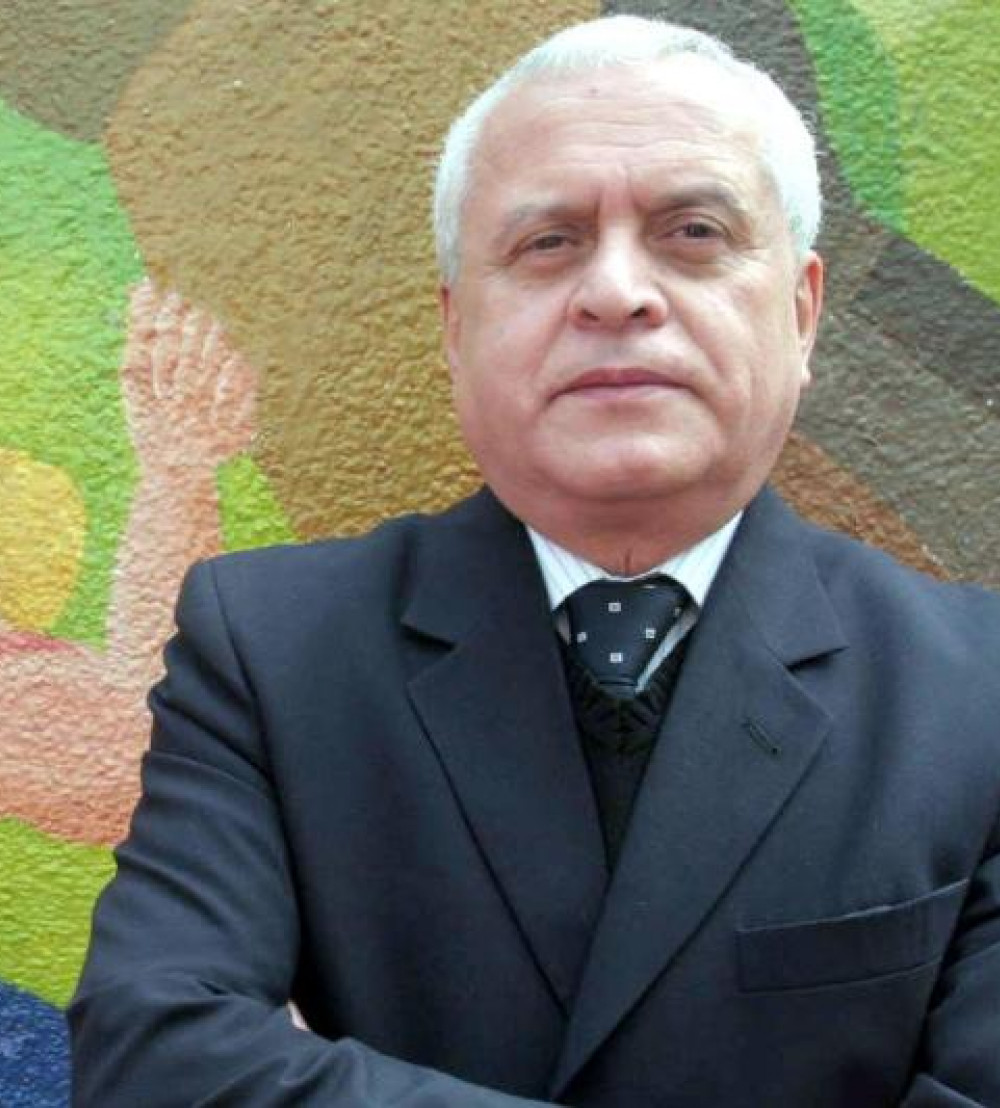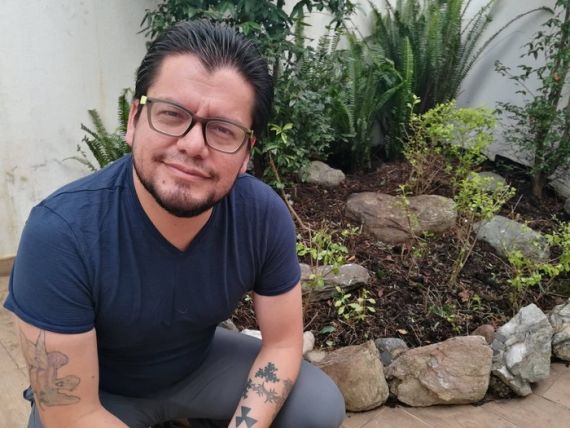José Modesto Espinosa y Espinosa de los Monteros (Quito, December 2, 1833 – December 21, 1915) was an Ecuadorian writer, politician, and founding member of the Ecuadorian Academy of Language. He held several important posts during General José María Urbina’s rule, including State Councilor and Senator for Tungurahua province. He was persecuted for his critical articles against General Ignacio de Veintemilla and served as Minister of the Interior and Foreign Affairs during the Progressive era of Ecuador’s history. He held other ministerial positions and was elected President of the Supreme Court of Justice in 1894. However, after being accused of being a right-wing conspirator by General Eloy Alfaro in 1896, he was exiled from Ecuador. He returned to Quito in 1901 and was elected Senator for the Pichincha province in 1902.
Continue reading “José Modesto Espinosa”Posts
General Francisco Javier Salazar
General Francisco Javier Salazar Arboleda (Quito, January 11, 1824 – Guayaquil, September 21, 1891) was an Ecuadorian lawyer, writer, militarist, and politician. He wrote several works of a military, didactic and educational nature, including: “Método de Enseñanza Primaria,” “Pronunciación del Castellano en el Ecuador,” and “Instrucción de Esgrima a la Bayoneta,” to name a few. He was a founding member of the Ecuadorian Academy of Language, as well as a member of the National Scientific and Literary Academy of Quito, the Royal Society of London, the Lima Athenaeum, the Academy of History of Madrid, and the Seville Royal Academy of Literature, among others.
Continue reading “General Francisco Javier Salazar”Santiago Rivadeneira Aguirre
Santiago Rivadeneira Aguirre (Quito) is an Ecuadorian writer, editor, theater critic, and university professor. From 1973-2000, he was the coordinator of the Theater School at the School of Fine Arts of the Central University of Ecuador. He was a member of the editorial board of the magazine Eskeletra and of the writer’s workshop La Pequeñalulupa. Among his best-known books are: “De cantos y huellas” (1976), “Las venturas de la abuela rota” (1995), and “Los sonidos del pensar en el teatro y la danza” (2017). He has taught literature, philosophy, theater, and cinema at universities.
Continue reading “Santiago Rivadeneira Aguirre”Alfredo Noriega
Afredo Noriega Fernández (Quito, 1962) is an Ecuadorian writer, novelist, short story writer, and playwright. In the early 1980’s he was a member of the writing workshop of Miguel Donoso Pareja and founded the group La Pequeñalulupa. In 1985, he moved to Paris, France where he studied linguistics at the Sorbonne Nouvelle. He lived in Paris and Brussels for many years and now lives in Cardiff, United Kingdom. He has worked as a Spanish professor at universities. He is a highly-acclaimed author of noir novels. Some of his best-known work includes the 2002 novel “De que nada se sabe,” (translated into French as C’est dur de mourir au printemps), its 2010 sequel “Tan solo morir” (translated as Mourir, la belle affaire), and the trilogy’s final book, the 2019 novel “Eso si nunca.” The first book of this trilogy, “De que nada se sabe,” was adapted into the 2008 film “Cuando me toque a mí,” directed by Víctor Arregui, who collaborated with Noriega on the screenplay. He has published novels, short story collections, poetry collections, and plays. His stories have been included in several national and international anthologies.
Continue reading “Alfredo Noriega”Carlos Coello García
Carlos Coello García (Manta, 1983) is an Ecuadorian lawyer, writer, and poet. He lives in the city of Santa Ana in the Manabi province. He has published three poetry collections: “La inspiración de un fantasma” (2002) “La creación perfecta” (2009) and “El origen del mal y otros poemas” (2017). His novel, “Leyendas de un fauno” (2018), is the first book in a fantasy trilogy. His latest book, “Oculto” (2022) is a horror novel. Some of his poems and stories have been published in newspapers in his province and digital blogs.
Continue reading “Carlos Coello García”Rafael Lugo
Rafael Lugo Naranjo (Quito, 1972) is an Ecuadorian writer and lawyer. He is a litigator in the courts and tribunals of Ecuador and the author of a book of short stories, five novels, two books of chronicles and many articles published in different media. Among his best-known works are the novels in the trilogy Trilogía de Quito, which include: Veinte (2008), 7 (2012) and 207 (2017). Critics have also praised his most recent novels Tripa mistic (2019) and Tripa mistic II (2022).
Continue reading “Rafael Lugo”Pedro Isaac Barreiro
Pedro Isaac Barreiro Chancay (Santa Ana, Manabi, July 3, 1949) is an Ecuadorian medical doctor, public health specialist, writer, novelist, short story writer, and poet. Passionate about writing and the proper use of the Spanish language, he ventured into the world of literature from a very young age (essays, short stories, poetry and novels) with notable success, and has several publications to his credit. His notable poetry collections include, “De Regreso” (1990), and “Los Versos Prohibidos” (2008). His prose includes a genre that he calls “miniatures,” compiled in books that have been very well received by critics, such as: “Tarqui 707” (1995), “Mamita Galud” (2002), or “El Tendón de Aquiles” (2009). In 2013, he published his first novel ”El Escritor,” an exciting journey through the human psyche. He is a member of the Ecuadorian House of Culture and the Ecuadorian Corporation of Medical Writers, an organization that is part of the World Union of Medical Writers.
Continue reading “Pedro Isaac Barreiro”Elsy Santillán Flor
Elsy Santillán Flor (Quito, December 23, 1957) is an Ecuadorian poet, fiction writer, playwright, and author of children’s literature. She’s also a lawyer by profession and has worked in Ecuador’s courts. From 1999-2002 she was secretary of Ecuadorian Society of Writers (SEDE). She was the recipient of the Jorge Luis Borges National Prize and the Pablo Palacio Prize. One of her plays received honorable mention at the Joaquín Gallegos Lara Prize in 2011. The majority of her short fiction was collected in “Los miedos juntos” (2009). In 2021, she published her latest work, a horror novel titled “Fantasmagórica aventura del grupo 21” [The Phantasmagorical Adventure of Group 21]. Some of her works have been translated into Hungarian and French.
Continue reading “Elsy Santillán Flor “Rosalía Arteaga
Rosalía Arteaga, born Lupe Rosalía Arteaga Serrano (Cuenca, December 5, 1956) is an Ecuadorian social activist, writer, and politician. She served as president of Ecuador between February 6-11, 1997. She was the first woman constitutional president and vice president of Ecuador. She co-authored the book “Alto Cenepa: los frentes de una guerra,” (1995) and wrote the book “La Presidenta, el secuestro de una propuesta” (1997). Her best known book is “Jerónimo,” which has gone through 8 editions in Spanish, 2 in English, and 1 in Chinese, Braille, Portuguese, Italian and a bilingual edition in Spanish/Portuguese. A continuation, “Los otros Jerónimos,” was published in 2002, with a prologue by the Spanish writer Rosa Montero. She has also written children and youth literature. She currently lives in Quito, Ecuador.
Continue reading “Rosalía Arteaga”Simón Espinosa Cordero
Simón Espinosa Cordero (Cuenca, October 8, 1920) is an Ecuadorian writer, journalist, editor, and university professor. He became a member of the Ecuadorian Academy of Language in 2013. He has a PhD from the Pontifical Catholic University of Ecuador. He has authored over one hundred essays, prologues and nearly three thousand opinion columns, his books include “Comunicación, ética y paz social” (1990, co-author), “Presidentes del Ecuador 1830-2000” (2002), “Grandes escritores de la patria” (2004) and “Los más bellos cuentos del poeta” (2011, co-author). In 2014 he published his latest book, “Vine, vi, linché,” a collection of 124 opinion columns he wrote between 1982 and 2012.
Continue reading “Simón Espinosa Cordero”Gabriela Cárdenas
Gabriela Cárdenas Monge (Quito) is an Ecuadorian writer, poet, graphic designer, and plastic artist. In 2018 she published a book titled “De poemas y relatos,” which combines poetry and prose with pictures of her artwork. In 2019, she won Fourth place in the The Best Christmas Stories contest hosted by the Hispanic Heritage Literature Foundation – Milibrohispano.org, which created a Spanish/English bilingual edition of the book which was published by Snow Fountain Press in Miami. In 2020, her story “La abuela y su guagua de pan” won a special mention in the international category of the contest Cuentale tu cuento a la Nota Latina, and was published in the anthology titled “33 Relatos Hispanos.” That same year, her poem “Distancia” was included in the poetry anthology “Siglemas 575.” Her poem “Terminamos, para siempre” was a finalist of the III Certamen de poesia – Hagamos art con palabras organized by the Art Emporium Gallery of Miami. She is currently working on the manuscript of her first novel.
Continue reading “Gabriela Cárdenas”Yess Padilla
Yess Padilla (Quito, 1975) is an Ecuadorian children’s story author. In 2022, her children’s story “El cuento de la longuita” was published in Spain by Babidibu. She is a computer science engineer focused on marketing, specifically as product manager for online products. She has lived in Barcelona, Spain since 2003.
Continue reading “Yess Padilla”Luis Zúñiga
Luis Zúñiga (Quito, 1955) is an Ecuadorian novelist, poet and writer. He studied anthropology in Ecuador and Italy and has vast experience working in the Andes region. He has also served in Cuba as a diplomatic and cultural emissary. He has written 3 poetry collections and 5 novels. In 1991, his historical novel “Manuela” won the Joaquín Gallegos Lara Prize. It has been published in Ecuador and in Colombia, Cuba, Peru and Venezuela. His 2010 novel, “Un As de alto vuelo” (2010) pays tribute to the Italian pilot Elia Liut who made the first flight over the Andes of Ecuador in 1920. Luis Zúñiga published his latest novel, ”Karaoke,” in 2015, about the virtual world, communication and the new existential crisis of contemporary civilization.
Continue reading “Luis Zúñiga”Francisco Proaño Arandi
Francisco Proaño Arandi (Cuenca, January 20, 1944) is an Ecuadorian novelist, short story writer, essayist, and diplomat. In the 1960’s he was part of the literary group called Tzántzicos. In 1961, when he was 17 years old, he published a poetry book titled “Poesías.” However, since then he has dedicated himself solely to prose. In 1964 he started the magazine Z with Alejandro Moreano, and the magazine La bufanda del sol (1965-1966) with Ulises Estrella and Alejandro Moreano. In 1972, he published his first book of poems, “Historias de disecadores.” In 1984, he published his first novel, “Antiguas caras en el espejo,” which was critically acclaimed and was awarded the José Mejía Lequerica Prize by the Municipality of Quito for best prose work. In 1993, he published a second novel, “Del otro lado de las cosas.” In 2003 his short story book, “Historias del país fingido,” won the Joaquín Gallegos Lara Prize. In 2003, his third novel, “La razón y el presagio” was published. His fourth novel, “Tratado del amor clandestino,” was a finalist of the Rómulo Gallegos International Prize (2009, Caracas, Venezuela) and the José María Arguedas Prize from the Casa de las Américas (2010, Havana, Cuba). In 2009, his fifth novel “El sabor de la condena” also won the Joaquín Gallegos Lara Prize. From 2002 to 2003 he was the director of the House of Ecuadorian Culture’s magazine Letras del Ecuador. Although he was born in Cuenca, he has lived in Quito most of his life since that’s where his family is originally from.
Continue reading “Francisco Proaño Arandi”Juan José Rodinás
Juan José Rodinás, born Juan José Rodríguez (Ambato, 1979) is an Ecuadorian poet, writer and translator. In 2021, he won the Aurelio Espinosa Pólit Prize for his book “Fantasías animadas de ayer y alrededores.” Other prestigious accolades he has received include the Jorge Carrera Andrade Prize (2018, Ecuador) and the Casa de las Américas Prize (2019, Cuba). In 2018, a collection of his poems was translated into English by Ilana Dann Luna and published in a bilingual edition as “Koan Underwater” by Cardboard House Press.
Continue reading “Juan José Rodinás”
